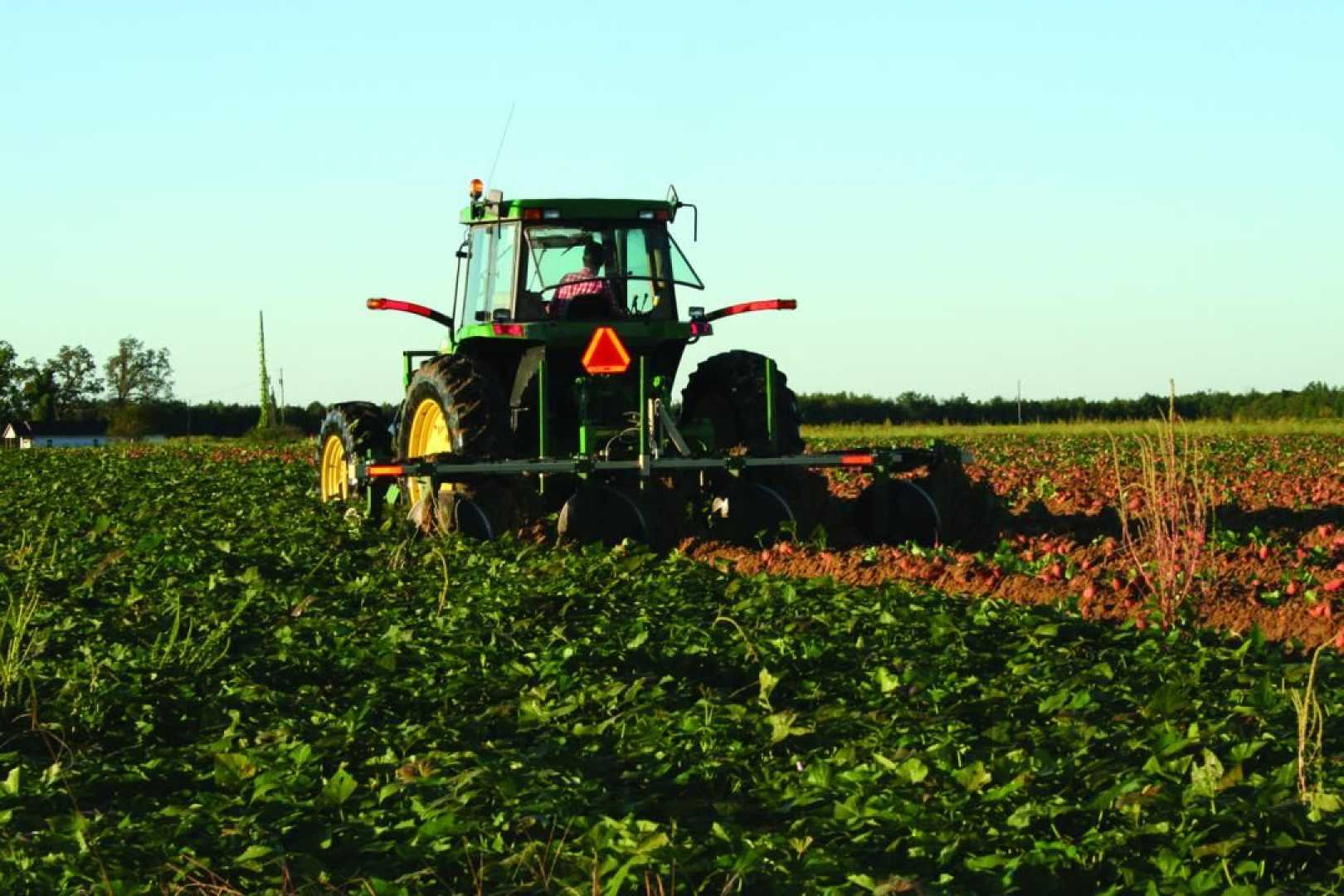Business
NC Senator’s Family Farm Faces $40M Loan Default, Calls Bank’s Actions ‘Offensive’

Barnes Family Farms, a major sweet potato producer in North Carolina with ties to state Sen. Lisa Stone Barnes, has been placed into receivership after defaulting on more than $40 million in loans from Rabo Agrifinance, a lending arm of Netherlands-based RaboBank. Court records show the loans date back to 2014, and the bank has accused the farm of failing to repay the debt, leading to a legal battle that has drawn attention to the senator’s political career.
In a court filing Monday, attorneys for Sen. Barnes and the farm argued that the bank’s actions are ‘offensive to public policy,’ alleging that Rabo Agrifinance is leveraging her political position to pressure repayment. The filing also seeks a detailed accounting of the debt and questions why Sen. Barnes is named in the lawsuit, given that her husband, Johnny Barnes, manages the farming operations.
Barnes Family Farms, based in Spring Hope, N.C., manages over 20,000 acres of farmland across Nash, Edgecombe, and Wilson counties. The farm grows sweet potatoes, tobacco, soybeans, peanuts, wheat, and watermelons, making it one of the largest vegetable producers in the Southeast. However, the farm has faced financial struggles in recent years, exacerbated by hurricanes, droughts, and declining crop yields.
Sen. Barnes, who represents Nash, Franklin, and Vance counties, was reelected in November with 51% of the vote. In a statement, she emphasized that the farm’s financial challenges would not affect her commitment to her Senate duties. ‘Like many farmers, our family has faced tough times as the agricultural industry endures unprecedented challenges,’ she said. ‘We remain determined to come out of this stronger than ever.’
Rabo Agrifinance’s lawsuit, filed in Nash County Superior Court, alleges that the farm failed to repay loans totaling $25 million for crops and additional millions for land and equipment purchases. A court-appointed receiver has taken control of the farm’s assets, including land, equipment, and crops, to repay the debt. The receiver has the authority to operate or sell the assets to recover as much money as possible for the bank.
The case highlights broader challenges facing North Carolina’s agricultural sector, particularly sweet potato farmers. In 2024, hurricanes Helene and Debby, combined with extreme heat and drought, reduced sweet potato yields by 30% to 45%, resulting in an estimated $124 million in lost income for producers, according to the North Carolina Sweetpotato Commission.
Barnes Family Farms, once one of Nash County’s largest private employers, has seen its workforce shrink in recent years. The farm’s financial troubles come as eastern North Carolina shifts away from agriculture, with more healthcare and biotechnology companies moving into the region. Despite these changes, agriculture remains a significant industry in the area, with North Carolina producing nearly 70% of the nation’s sweet potatoes.
Johnny Barnes, who manages the farm, acknowledged the challenges in a statement, citing hurricanes, floods, and a tragic on-farm incident as contributing factors. ‘We have experienced significant drops in crop yield, which has impacted our bottom line,’ he said. ‘Farming is my career and my life, and we are working hard to stabilize our financial situation.’
The case continues to unfold in Nash County Superior Court, where Judge Timothy Wilson has ordered the farm’s assets to be managed by a receiver. The outcome could have significant implications for the future of Barnes Family Farms and the broader agricultural community in North Carolina.












